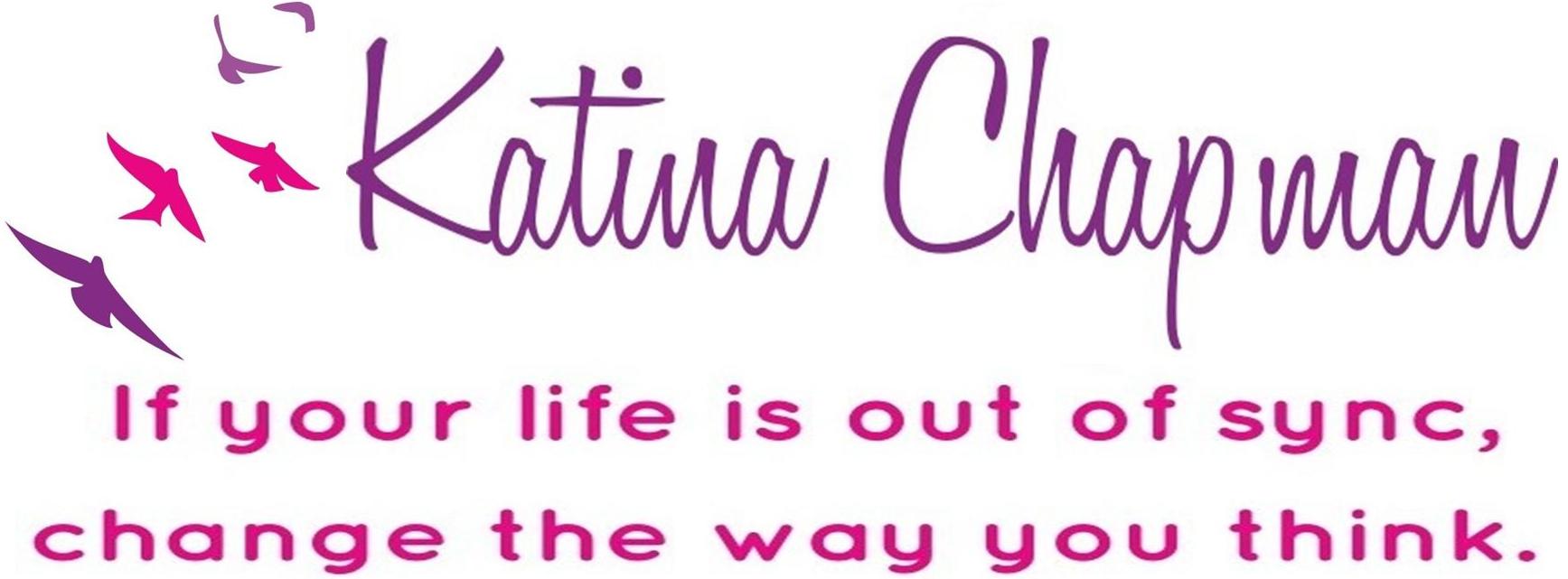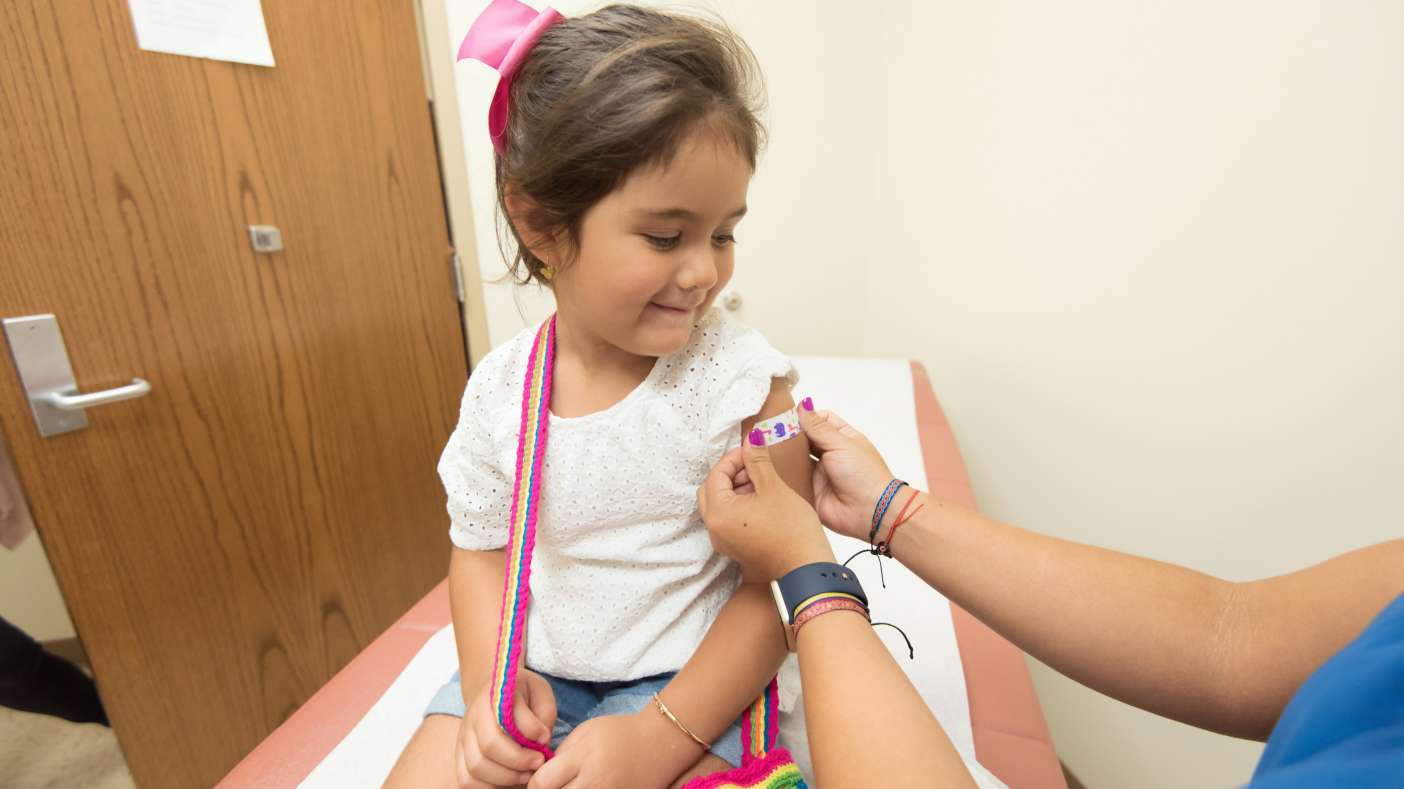Trypanophobia
As many people are starting to receive the COVID vaccine there is finally light at the end of the tunnel and hope that we can soon return to normal. If you are anxious about being vaccinated, my tips below can help.
Trypanophobia is an extreme fear of medical procedures involving injections or hypodermic needles. It is very common, affecting at least one in 10 people, and is absolutely nothing to be ashamed of.
Like many fears, trypanophobia can stem from a variety of experiences or conditions. Often, we have our first injection as a child, and because our first injection can hurt and having an injection is not a pleasant experience for anyone, it is therefore quite natural to experience a certain amount of fear with subsequent injections. Often this can also be a frightening experience because you may have been left with a doctor or nurse who you perceive as a stranger, you don’t know why you are being hurt with a needle and you cannot understand why your parent or guardian would allow you to be ‘hurt’ in this way.
Reasons for Trypanophobia
You may have learned to be fearful of needles or injections from watching others’ reactions whilst having an injection such as a parent or another adult or even being told by a parent to stay away from needles otherwise you might catch something.
Or it could be due to your own past experiences with needles. For example, when I had to give blood the nurse had trouble finding a suitable vein to draw blood from.
It could be generalised anxiety or previous trauma, maybe having fainted or having severe dizziness due to a vasovagal response to shots or blood drawn in the past.
You may be worried that you might faint or feel faint. This is often due to the fear being triggered, for example by seeing blood, or thinking about an injection, and as a result, your heart rate and blood pressure increase (as with other kinds of fears), but then rapidly drop. It is this fall in blood pressure that can cause fainting. Or you may find that you feel panicky when you think about or have an injection.
Overcoming Your Fear
The first thing to remember is that health care professionals are very experienced, after all in the UK we have the best National Health Service in the world. Your healthcare professional will be used to people having fears around injections and needles. So, tell them. They will be able to answer any specific questions you may have and help distract you by chatting to you and putting you at ease.
There are also a number of things that you can do to help overcome your fear. Below are my 3 tips to help you overcome your fear:
1) Imagine your appointment going smoothly.
Visualisation is a powerful activity. When you visualise yourself being relaxed and calm, you train yourself to act this way when you have your appointment for real. See yourself as being calm and relaxed, attending your appointment, and noticing how quickly and smoothly everything goes and how pleased you are with yourself for protecting your health.
2) Use your breathing to keep calm and relaxed.
Controlled breathing reduces stress levels, stops anxiety levels from escalating, and allows you to continue to think rationally. The simplest way to do this is to make your out-breath longer than your in-breath.
Try this breathing technique: Place your hands on your belly and as you breathe in feel your belly rise. Breathe in for a count or 4, hold the breath for a count of 4 and, then breath out for the count of 6, drawing your belly in as you breathe out. Repeat 5 times and then notice how much calmer you feel.
3) Focus on something else.
Imagine you are in your favourite place perhaps somewhere in nature underneath a clear blue sky or think about someone you love. I like to imagine I am at the beach walking my dog. It can be anything that you find relaxing that takes your mind off the situation.
I hope my tips help you overcome your fear. If you need more help, hypnotherapy can help you with this. Watch my video on overcoming a fear of needles and injections here. Using hypnosis, your hypnotherapist will guide you into a state of deep relaxation, and then use specific techniques and special visualisations to reframe and reduce your response to needle phobia. This therapy takes place in a one-to-one situation and can produce beneficial effects in a relatively short space of time.
Follow the link to schedule your free discovery call and learn more about how you can succeed or call Katina now on (01502) 587341 and let the changes begin.

